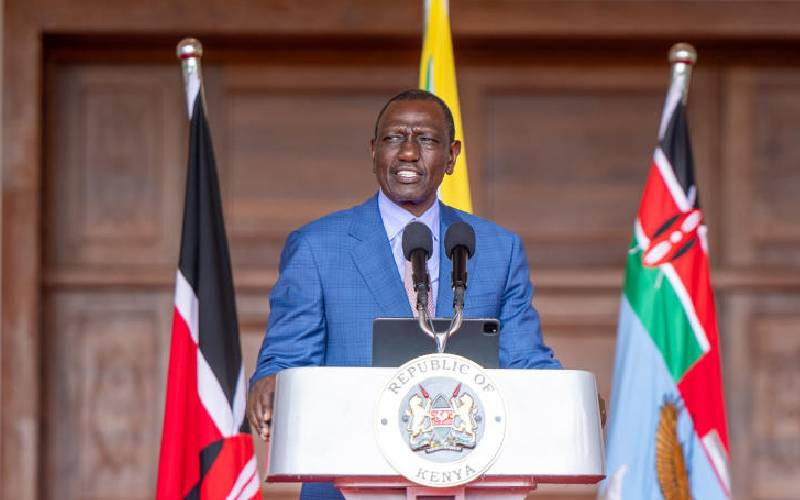×
The Standard e-Paper
Fearless, Trusted News

If anyone ever doubted that a day in politics is a long time, this past week proved them wrong. Two mutually exclusive events confirm this.
First, President Joe Biden announced his withdrawal from the presidential race scheduled for later this year on November 5.